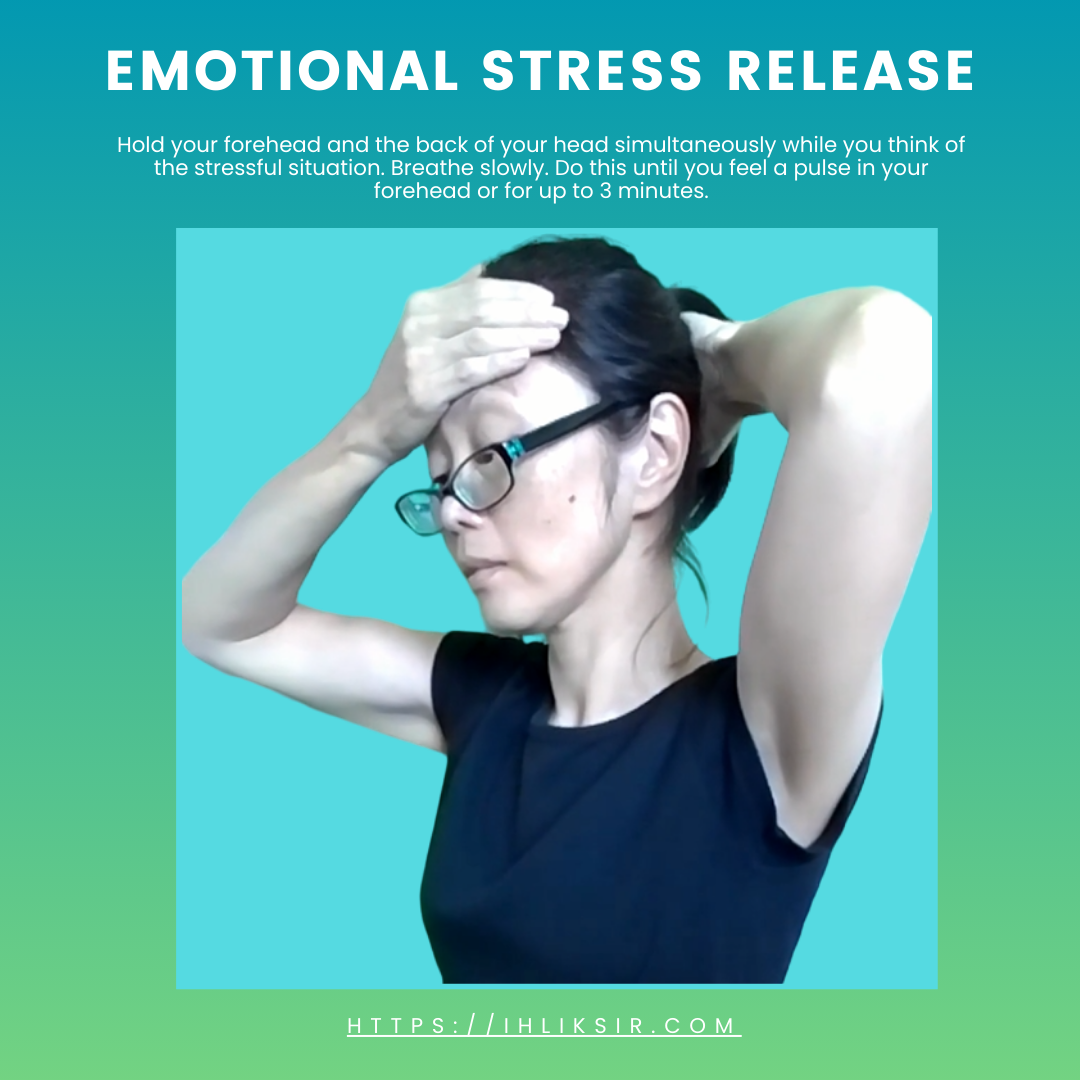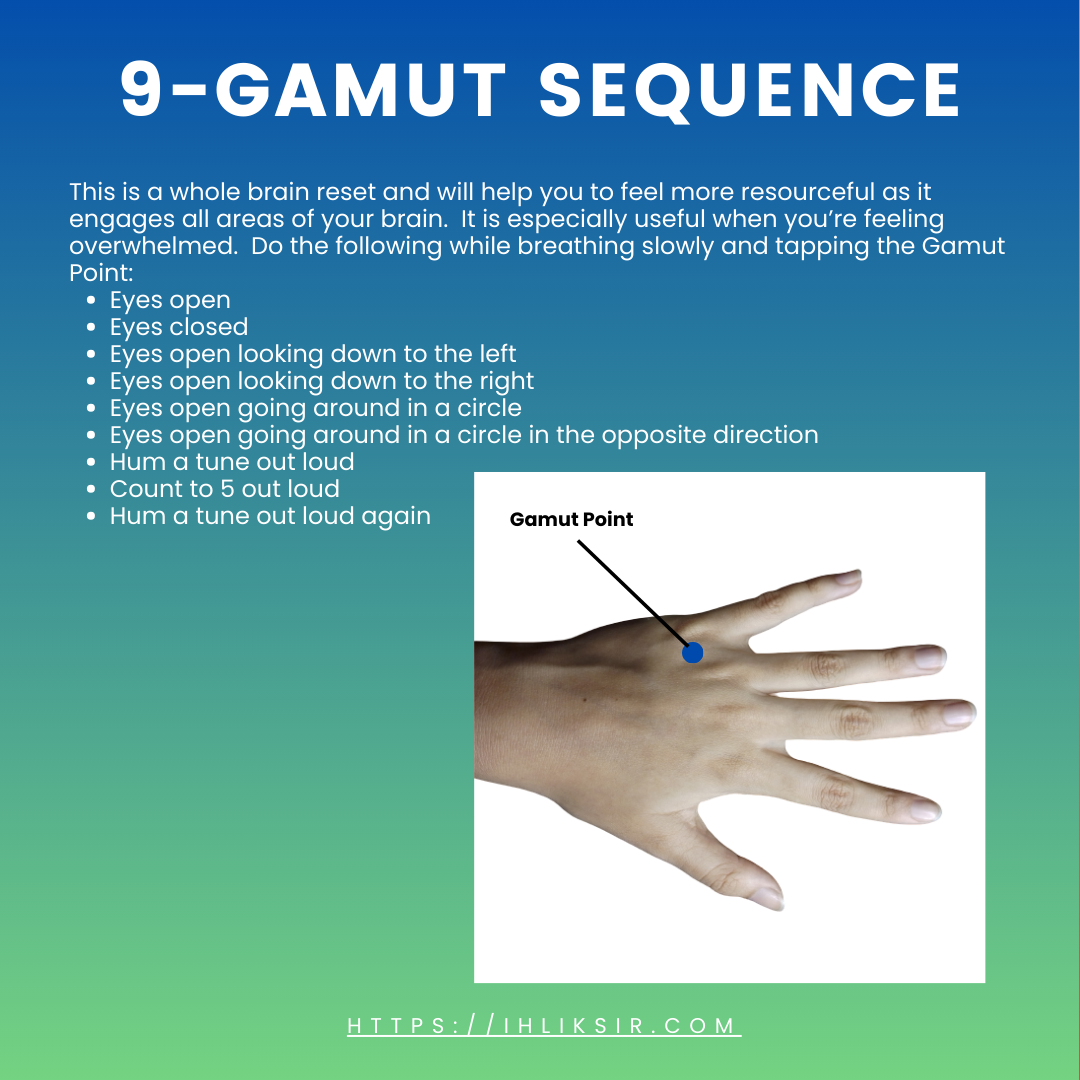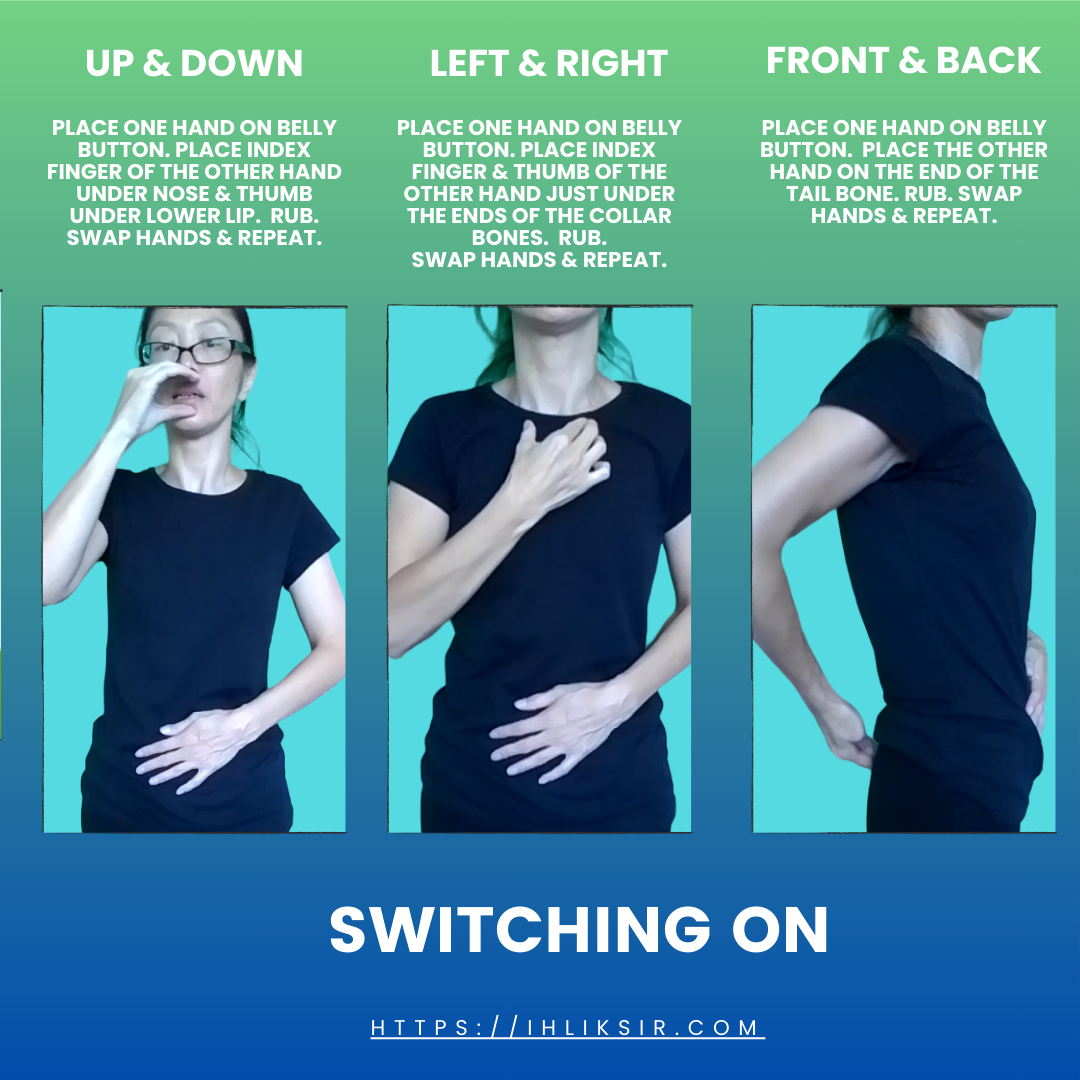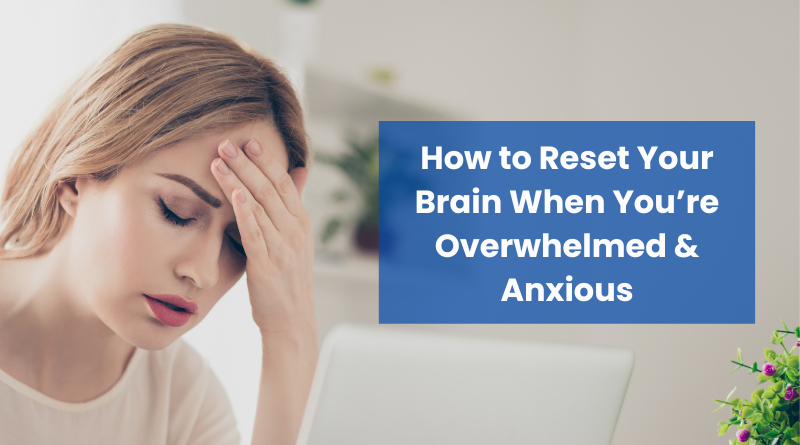Let’s talk about something very familiar to most of us – stress, particularly chronic stress often experienced in the corporate world. We all know the feeling – tight deadlines, demanding workloads, and the constant pressure to perform. But what you might not realize is how chronic stress can impact your brain health and cognitive function. You can reset your brain not just to reduce stress in the moment but also for your long term brain health and general well-being.
Let’s face it, in the corporate environment, your brain is your most valuable asset. It’s responsible for everything from making quick decisions to strategizing complex projects and retaining important information. But chronic stress can wreak havoc on your health generally and your brain in particular. In this article I will show you different ways you can reset your brain for calm and clarity in your busy day.
The Stress Response and Your Brain
When we experience stress, our body goes into a fight-or-flight mode. This is a natural physiological response orchestrated by the hypothalamus, pituitary gland, and adrenal glands. The adrenals glands release cortisol, often referred to as the stress hormone, to give us the energy to deal with the perceived threat.
While short-term cortisol release is beneficial, chronically elevated cortisol levels can be detrimental. It can shrink the hippocampus, the part of the brain responsible for memory and learning. This can lead to forgetfulness, difficulty concentrating, and trouble acquiring new skills.
Cortisol also impacts the prefrontal cortex, the brain’s control center responsible for decision-making, emotional regulation, and focus. Under chronic stress, this area becomes less effective, leading to poor decision-making, increased emotional reactivity, and difficulty focusing on tasks at hand.
Chronic stress has also been linked to an increased risk of anxiety and depression, further impacting brain health and overall well-being.
Recognizing the signs of chronic stress is crucial. If you’re noticing that your work is slipping, your temper is short, and you feel wired but tired, it’s time to take action. Seeking measures to reset the overwhelmed brain not only elevates our well-being but also protects our mental faculties in the long run.
Using Energy Medicine to Reset Your Brain
So, what can you do to combat chronic stress and optimize your brain health? This is where energy medicine comes in. Energy medicine focuses on working with the body’s energy field, believed to influence physical and emotional well-being.
While the concept might seem unconventional, there’s a growing body of research suggesting that energy medicine techniques can influence the nervous system and stress hormones. Studies have shown that these techniques can be effective for managing stress, improving mood, and promoting relaxation.
The beauty of energy medicine techniques is that they are simple to learn and can be easily incorporated into your busy workday.
You can use these specific techniques to reset your brain, especially when you’re feeling overwhelmed or anxious.
Emotional Stress Release
Placing your hand on your forehead brings the blood back into the prefrontal cortex and takes you out of the stress response. There is a kidney meridian neurovascular point on the back of your head and holding this point helps you release fear and anxious thoughts. Place one hand on the forehead and the other hand on the back of your head. Breath slowly while thinking of the stressful situation. Stay here until you feel a pulse in your forehead or until you feel calmer.

The 9-Gamut Sequence
This sequence is sometimes called the Brain Balancer and was designed to engage different areas of the brain through a combination of eye movements, humming, and counting. The eye movements help you access different areas of the brain while the humming engages the right brain and the counting engages the left brain.
To perform the 9-gamut sequence, begin by tapping the gamut point on the back of your hand between the ring finger and little finger while performing the following: close your eyes, then open them, look down to the left, and to the right, roll your eyes in one direction, then the other, hum a few bars of a song, count rapidly from 1 to 5, and then hum again.

Switching On
Use this technique when you need to be “switched on” and ready to learn. It balances your body’s left and right sides, up and down and front and back. It is one of the techniques used in Brain Gym which was developed by Dr Paul and Gail Dennison, to help children and adults with learning difficulties. My clients have also found it to be effective for improving balance and co-ordination when experiencing dizziness and disorientation.

Alternate Nostril Breathing
Mindful breathing is a powerful tool for managing stress and improving focus. One theory suggests that stimulating different nostrils activates different parts of the autonomic nervous system. Right nostril breathing may activate the sympathetic nervous system (fight-or-flight response), while left nostril breathing may activate the parasympathetic nervous system (rest-and-digest response). By alternating nostrils, you promote a balancing effect on the nervous system. Close your right nostril with your thumb and inhale slowly through your left nostril. Hold your breath, then close your left nostril with your ring finger, releasing the right nostril, and exhale slowly through your right nostril. Inhaling through the right nostril then close the right nostril with the thumb and release the left nostril and exhaling through the left. I’ve also found this to be helpful in getting rid of mild headaches.

The key to reaping the benefits of these techniques is consistency. Start by incorporating short practices into your day. Switching on is part of my morning energy routine.
Chronic stress can take a toll on your brain health and impact your performance at work. However, by incorporating energy medicine techniques into your daily routine, you can more effectively manage stress, enhance focus, and optimize your cognitive function. Any of these techniques can and should be used alongside established stress management strategies like exercise, healthy sleep habits, and other relaxation techniques. Remember, a healthy brain is a happy and productive brain!
Disclaimer:
I am not a medical professional. The information provided on this website is for informational purposes only and is not intended to substitute professional medical advice, diagnoses, or treatment. Always seek advice from your physician or other qualified healthcare provider before undertaking a new health regimen.
Do not disregard medical advice or delay seeking medical advice because of information you read on this website. Do not start or stop any medications without speaking to your medical or mental health provider.
Jennifer Tak is a certified Integrative Health Practitioner & Energy Coach who helps busy professionals regain their energy and conquer stress, gently and naturally. Jennifer had over 20 years of corporate life and was stressed out and exhausted. Now she’s using her previous corporate experience, combined with her hippy inclinations with health and energy medicine to simplify health for busy people. Get a FREE copy of her Stress Relief e-Book for 15 ways to reduce your stress quickly, gently and naturally.


Wow, this article provides very valuable insights into the detrimental effects of chronic stress on brain health and offers really practical techniques to reset the overwhelmed brain. I appreciate your emphasis on recognizing the signs of chronic stress and taking proactive steps to combat its impact, particularly in the corporate environment where stress levels can be exceptionally high.
One question that arises is: How can individuals integrate these energy medicine techniques into their daily routines effectively, especially considering the demanding nature of corporate work environments where time is often limited?
Thanks again for all the advice you offer! It’s inspiring to read about and I’ll definitely be implementing some (if not all) of this.
These techniques literally take a few minutes so if you’re feeling stressed, you can do any of the techniques immediately, while sitting at your desk. I do an energy routine every morning that incorporate some of the these but I will also do them whenever I need to during the day. Try them out and see which ones you find most effective for you.
Hello Jennifer Tak, your article on resetting the brain with energy medicine is a breath of fresh air! You’ve eloquently addressed the common issue of chronic stress in the corporate world and provided valuable insights into how it affects our brain health. Your explanations of the stress response and its impact on cognitive function are both informative and relatable.
I appreciate how you’ve introduced energy medicine as a holistic approach to combating chronic stress and optimizing brain health. Your explanation of energy medicine techniques, such as Emotional Stress Release and the 9-Gamut Sequence, is clear and easy to understand. I particularly found the description of Alternate Nostril Breathing fascinating and look forward to trying it out.
Thank you for sharing practical strategies for incorporating these techniques into our daily lives. Your article serves as a valuable resource for anyone looking to manage stress, enhance focus, and improve cognitive function.
Thank you Ela! They are very simple and quick to do. Try the different techniques and let me know how you go.